In the early to mid 1940s, during World War II and the Holocaust, the Nazi’s experimented on thousands of men, women and children. Their major target populations included Romani, Sinti, ethnic Poles, Soviet POWs, disabled Germans, and Jews from across Europe.
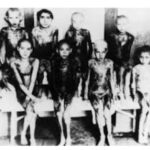
At Auschwitz and other camps, under the direction of Eduard Wirths, selected inmates were subjected to various hazardous experiments that were designed to help German military personnel in combat situations, develop new weapons, aid in the recovery of military personnel who had been injured, and to advance the Nazi racial ideology.
Experiments on twins
Experiments on twin children in concentration camps were created to show the similarities and differences in the genetics of twins, as well as to see if the human body can be unnaturally manipulated.
The central leader of the experiments was Josef Mengele, who from 1943 to 1944 performed experiments on nearly 1,500 sets of imprisoned twins at Auschwitz. About 200 people survived these studies.
The twins were arranged by age and sex and kept in barracks between experiments, which ranged from injection of different dyes into the eyes of twins to see whether it would change their color to sewing twins together in attempts to create conjoined twins.
Often times, one twin would be forced to undergo experimentation, while the other was kept as a control.
If the experimentation reached the point of death, the second twin would be brought in to be killed at the same time. Doctors would then look at the effects of experimentation and compare both bodies.
Bone, muscle, and nerve transplantation experiments
From about September 1942 to about December 1943 experiments were conducted at the Ravensbrück concentration camp, for the benefit of the German Armed Forces, to study bone, muscle, and nerve regeneration, and bone transplantation from one person to another.
Sections of bones, muscles, and nerves were removed from the subjects without use of anesthesia. As a result of these operations, many victims suffered intense agony, mutilation, and permanent disability.
On August 12, 1946 a survivor named Jadwiga Kamińska gave a deposition about her time at Ravensbrück concentration camp and describes how she was operated on twice.
Both operations involved one of her legs and although she never describes having any knowledge as to what exactly the procedure was, she explains that both times she was in extreme pain and developed a fever post surgery.
Yet she was given little to no care. Kamińska describes being told that she had been operated on simply because she was a “young girl and a Polish patriot”. She describes how her leg oozed pus for months after the operations.
Prisoners were also experimented on by having their bone marrow injected with bacteria to study the effectiveness of new drugs being developed for use in the battle fields. Many prisoners left the camps with disfigurement that would last the rest of their lives.
Head injury experiments
In mid-1942 in Baranowicze, occupied Poland, experiments were conducted in a small building behind the private home occupied by a known Nazi SD Security Service officer, in which “a young boy of eleven or twelve [was] strapped to a chair so he could not move. Above him was a mechanized hammer that every few seconds came down upon his head.” The boy was driven insane from the torture.
Freezing experiments
In 1941, the Luftwaffe conducted experiments with the intent of discovering means to prevent and treat hypothermia. There were 360 to 400 experiments and 280 to 300 victims indicating some victims suffered more than one experiment.
Beginning in August 1942, at the Dachau camp, prisoners were forced to sit in tanks of freezing water for up to 3 hours. After subjects were frozen, they then underwent different methods for rewarming. Many subjects died in this process.
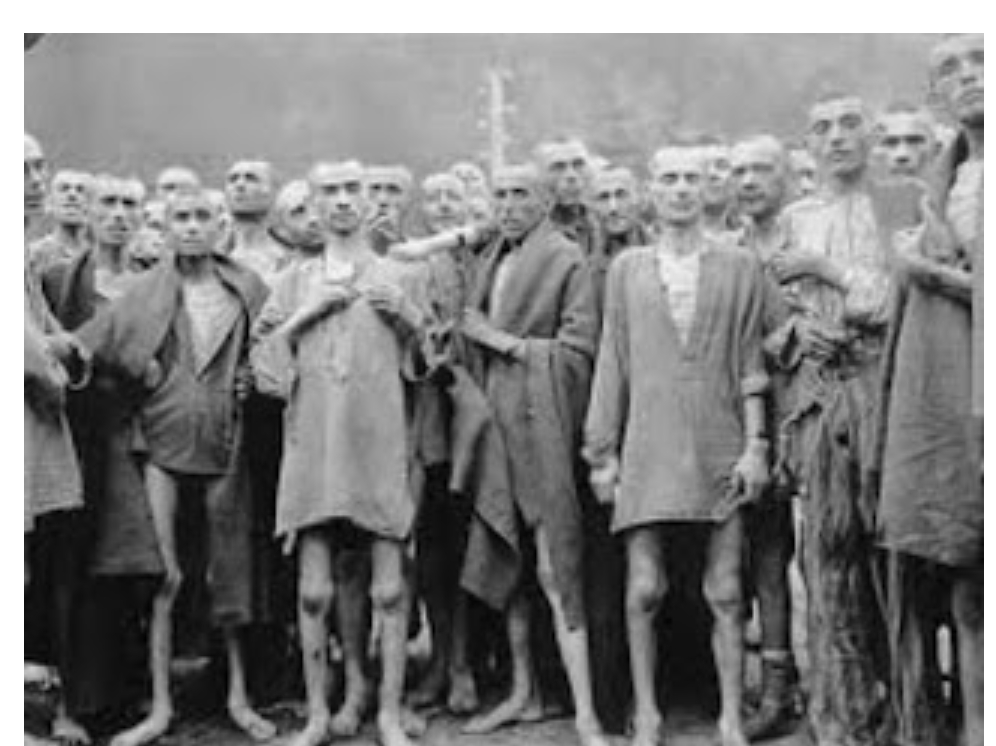
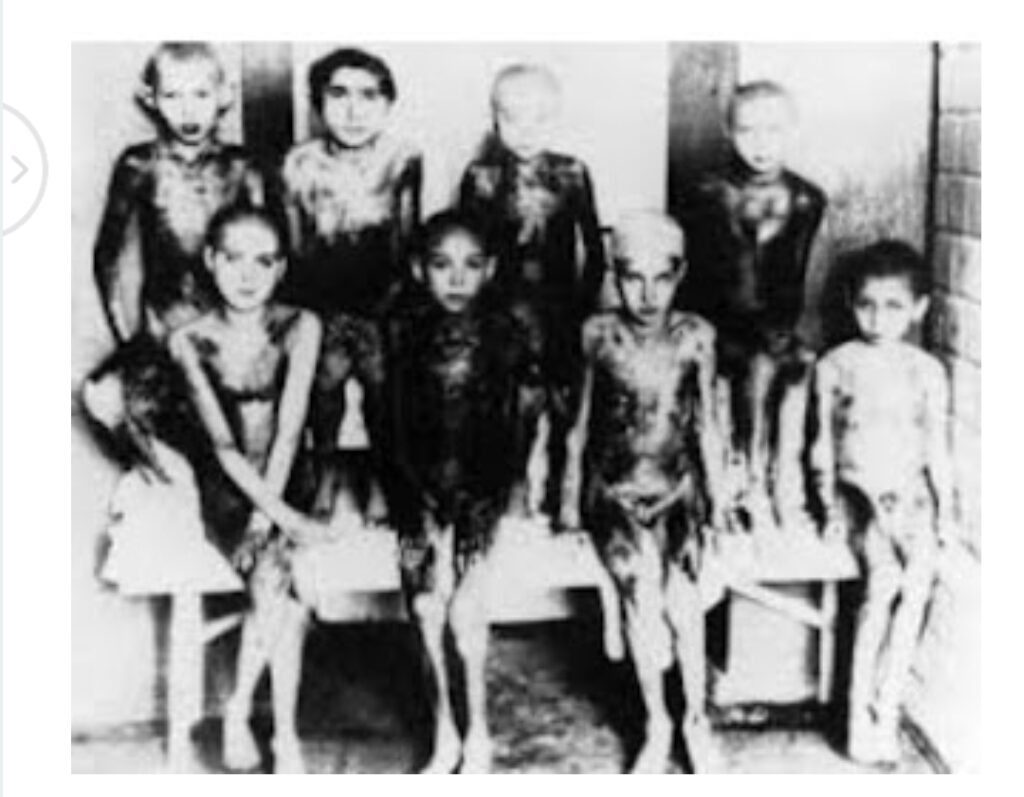
Malaria experiments
From about February 1942 to about April 1945, experiments were conducted at the Dachau concentration camp in order to investigate immunization for treatment of malaria.
Healthy inmates were infected by mosquitoes or by injections of extracts of the mucous glands of female mosquitoes. After contracting the disease, the subjects were treated with various drugs to test their relative efficiency.
Over 1,200 people were used in these experiments and more than half died as a result. Other test subjects were left with permanent disabilities.
Sulfonamide experiments
From about July 1942 to about September 1943, experiments to investigate the effectiveness of sulfonamide, a synthetic antimicrobial agent, were conducted at Ravensbrück. Wounds inflicted on the subjects were infected with bacteria such as Streptococcus, Clostridium perfringens (a major causative agent in gas gangrene) and Clostridium tetani, the causative agent in tetanus.
Circulation of blood was interrupted by tying off blood vessels at both ends of the wound to create a condition similar to that of a battlefield wound. Infection was aggravated by forcing wood shavings and ground glass into the wounds.
The infection was treated with sulfonamide and other drugs to determine their effectiveness.
Experiments with poison
Somewhere between December 1943 and October 1944, experiments were conducted at Buchenwald to investigate the effect of various poisons. The poisons were secretly administered to experimental subjects in their food.
The victims died as a result of the poison or were killed immediately in order to permit autopsies. In September 1944, experimental subjects were shot with poisonous bullets, suffered torture and often died.
Incendiary bomb experiments
From around November 1943 to around January 1944, experiments were conducted at Buchenwald to test the effect of various pharmaceutical preparations on phosphorus burns. These burns were inflicted on prisoners using phosphorus material extracted from incendiary bombs.
High altitude experiments
In early 1942, prisoners at Dachau concentration camp were used by Sigmund Rascher in experiments to aid German pilots who had to eject at high altitudes. A low-pressure chamber containing these prisoners was used to simulate conditions at altitudes of up to 20,000 m (66,000 ft). It was rumored that Rascher performed vivi-sections on the brains of victims who survived the initial experiment.
Of the 200 subjects, 80 died outright, and the others were executed.
In a letter from April 5, 1942 between Dr. Sigmund Rascher and Heinrich Himmler, Rascher explains the results of a low-pressure experiment that was performed on people at Dachau Concentration camp in which the victim was suffocated while Rascher and another unnamed doctor took note of his reactions
. The person was described as 37 years old and in good health before being murdered. Rascher described the victim’s actions as he began to lose oxygen and timed the changes in behavior. The 37-year-old began to wiggle his head at 4 minutes, a minute later Rascher observed that he was suffering from cramps before falling unconscious.
He describes how the victim then lay unconscious, breathing only 3 times per minute, until he stopped breathing 30 minutes after being deprived of oxygen. The victim then turned blue and began foaming at the mouth. An autopsy followed an hour later.
In a letter from Heinrich Himmler to Dr. Sigmund Rascher on April 13, 1942, Himmler ordered Rascher to continue the high altitude experiments and to continue experimenting on prisoners condemned to death and to “determine whether these men could be recalled to life”. If a victim could be successfully resuscitated, Himmler ordered that he be pardoned to “concentration camp for life”
Some humans are just so so mean that there is no limit to what they can do for power.
Some images about the Nazi’s Experimenting on humans and children.
We hope that you have enjoyed reading our blog on the world history and facts. If you enjoy this blog please let us know in the comments below. If you are interested in history, we recommend you check out our other blogs here on the world history and facts. Thank you for reading.



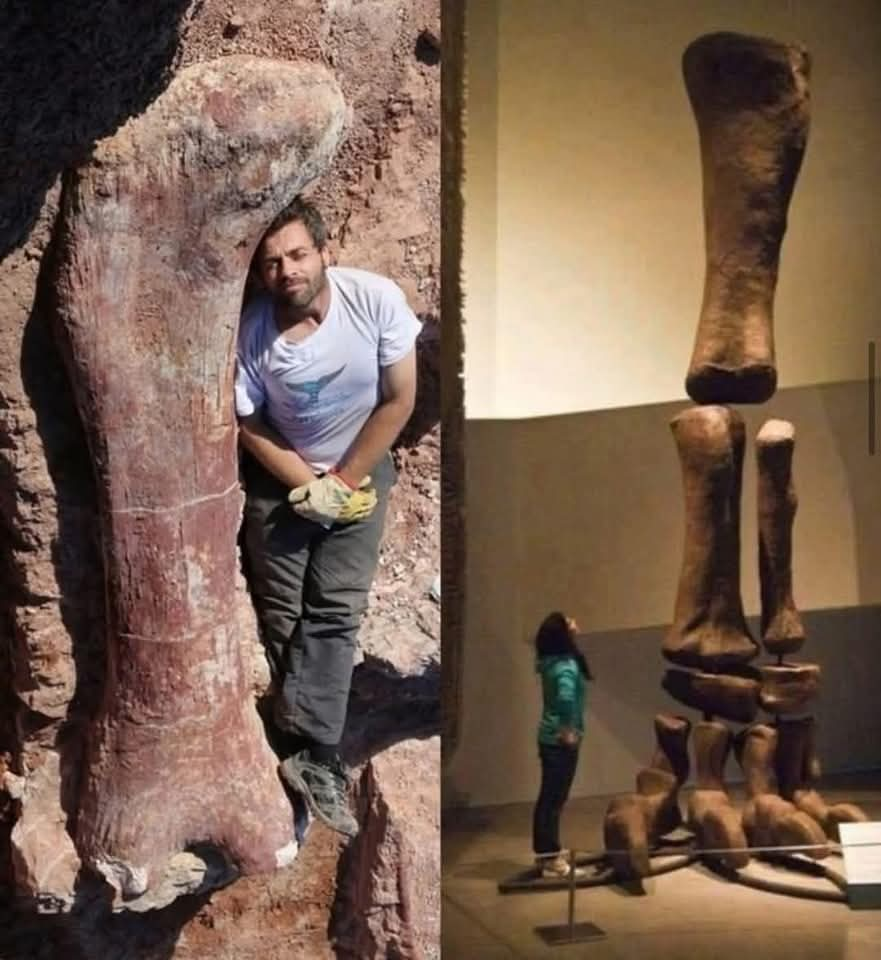
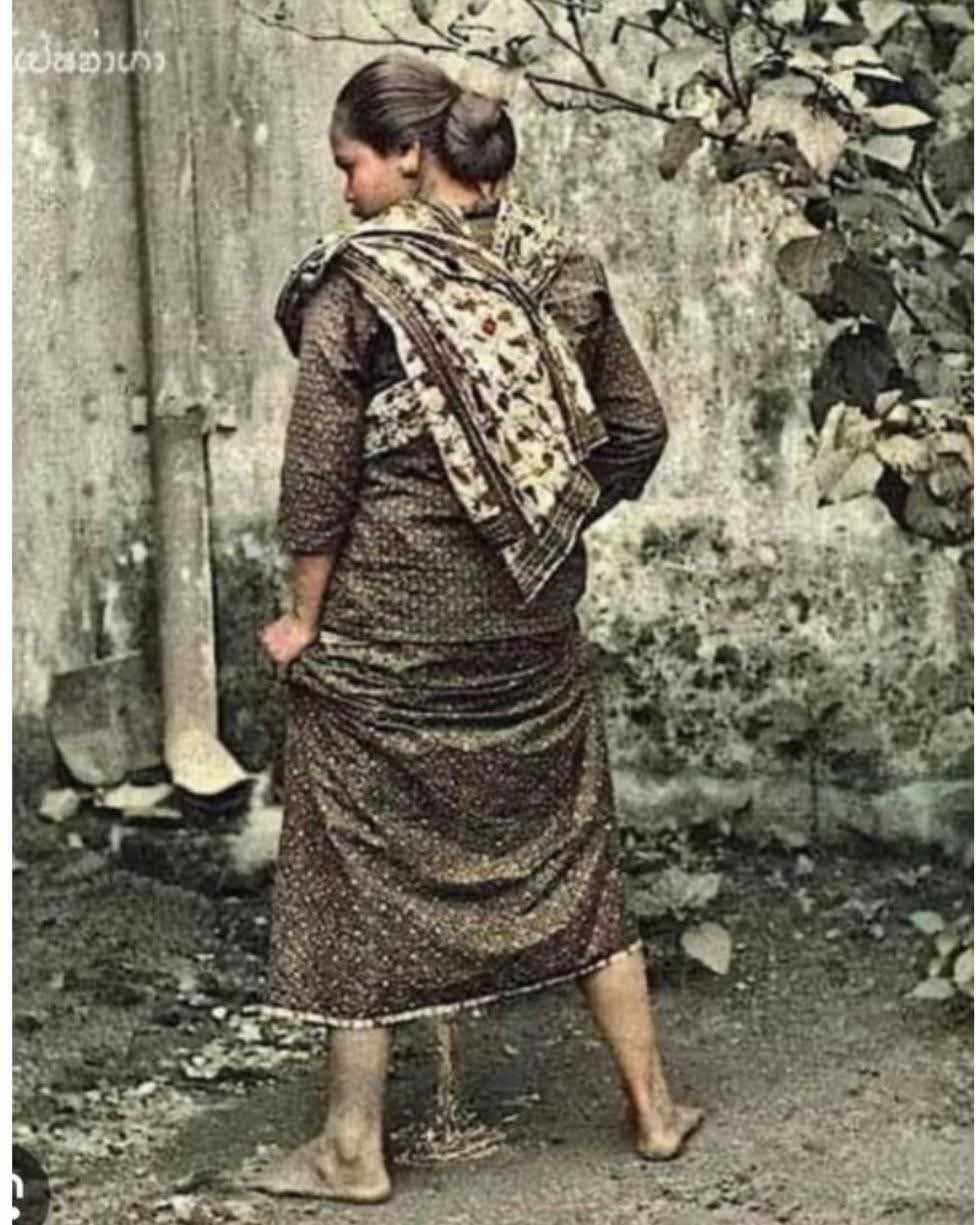


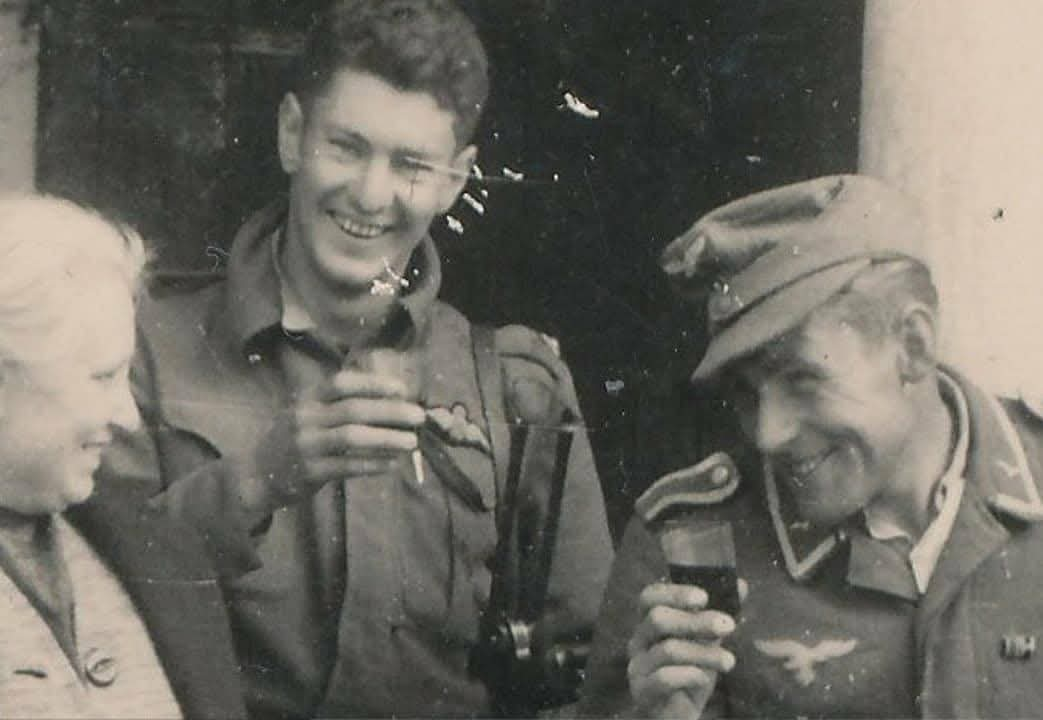
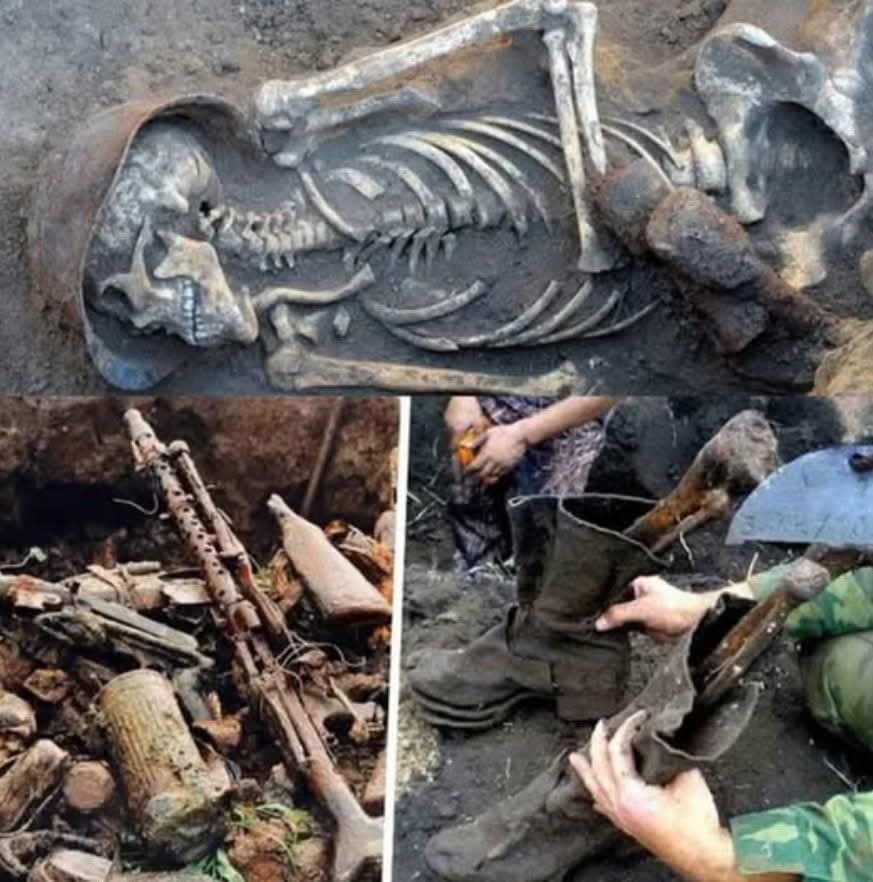

Leave a Reply